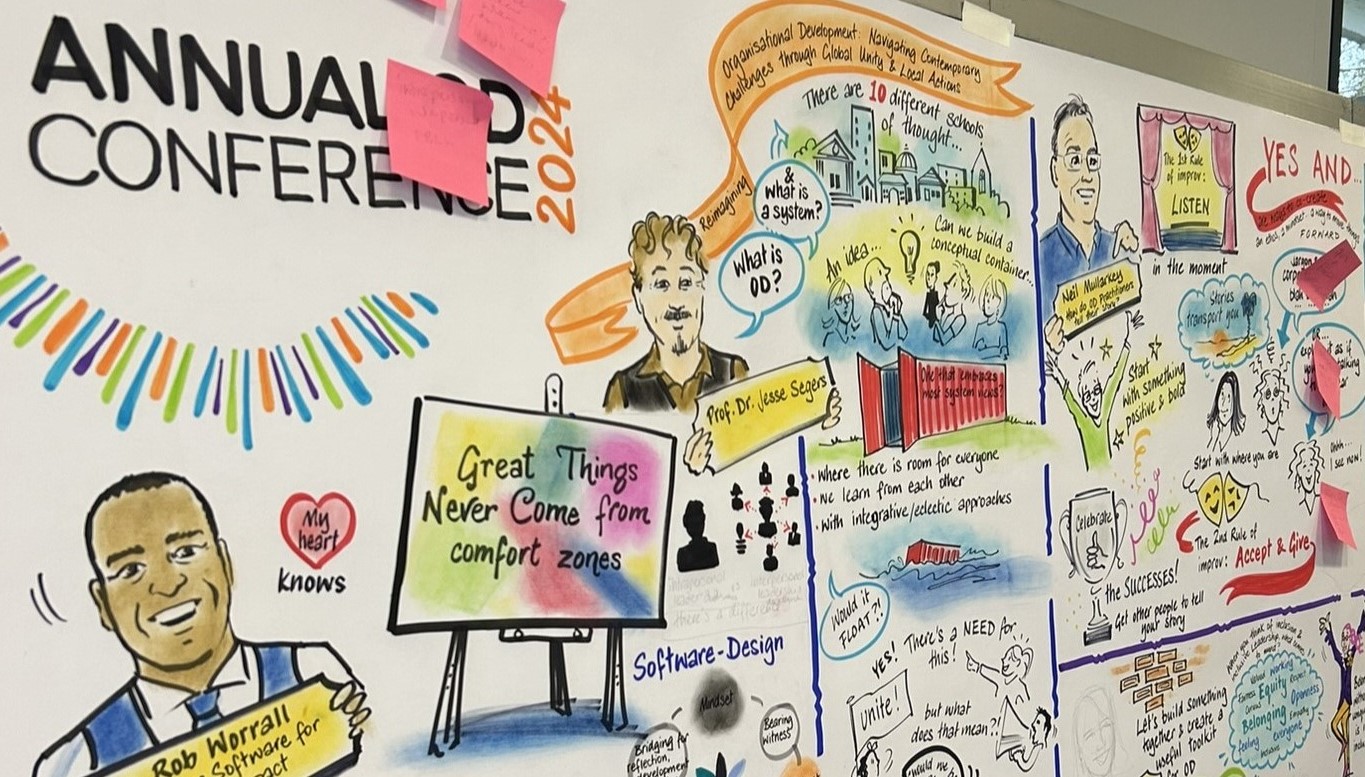May be I’m a facilitation snob, but over the last few months I’ve seen quite a few facilitators who are well-meaning but to a greater or lesser extent, unskilled. That’s not to say that there isn’t latent potential in these facilitators, but it is, as yet untapped. As we recruit for either full time or associate facilitators, or I see other practitioners in action, I see some good trainers who, with a little development, could broaden their repertoire into facilitation. It’s not that they are doing a bad job, or that what they offer as trainers isn’t useful or executed without skill, but they are not facilitating. Training tends to focus on either conceptual or practical skills development, learning ‘about’ and learning ‘how to’. Whereas facilitation can have these elements, it can also go into what John Heron called the experiential and imaginal forms of learning too. This incorporates whole person learning, developing the capacity for self-aware and self-directed learning.
As I review the literature around facilitation it strikes me that there is some confusion about what facilitation is and what good practice is. The biggest source of confusion and inconsistency seems to be around what is meant by process. In my world, process is human dynamics; the sea of emotions, politics, perspectives, inclusion, exclusion, belonging, significance, needs, desires and fears that are happening in any group or individual at any time. All the stuff that makes up our felt experience of ourselves, our world and ourselves in that world. In other approaches to facilitation process is referred to as the how of what we are doing, the procedure, method, tool or technique we use to talk about what we talk about.
In a number of the programmes I’ve seen that claim to develop facilitators, the emphasis seems to be on the second definition, not the first. Procedures and techniques are important, but are relatively easy to pick up. What isn’t easy to develop is the sensitivity to and the ability to deal productively with the first definition. A big health warning here: To work with groups, to help them learn, doesn’t mean that you have to go into the human dynamics, but you do have to a) be aware that they are there whether you pay attention to them or not b) that you need to understand yourself well enough to know when the human dynamics type of process has risen up and become part of the content c) to have at least a foundation of skill to enable you to deal with it when it does.
When it comes to the even more specialised area of developing equine assisted learning facilitators, in my experience the focus again is on the procedural aspects of facilitation. There is either an implicit or explicit assumption that the human dynamics aspects will either be dealt with by a trained therapist, or that development in that area will have occurred elsewhere. This may or may not be the case, even if it is, it is rare that there is a specific focus on adult learning, or how to work with groups in a leadership development context. Whilst there are similarities and overlaps with other skill sets such as coaching and counselling, there are specific elements of facilitation that get missed.
Why does this matter? What can get lost is the learner. Take something as simple as the ladder of inference, either Roger Schwarz (The Skilled Facilitator) or Peter Senge’s version. I was at a equine assisted learning development day recently and much of the feedback that was given to people who had done an exercise with a horse was either in interpretation or judgement i.e. “What I saw was courage” (interpretation) or “that was lovely” (Judgement). Perhaps seemingly innocuous comments, but what they do is unconsciously squeeze the space for the learner to make sense of their own experience. How can people become self-aware and self-directed if we do it for them?
Schwarz makes a point about starting at the bottom of the ladder with observing and selecting data, and offering those observations and checking for different perspectives. This is why one of my principles is ‘start with the horse’. Not interpreting what the horse did, but simply noticing what the horse did with its ears, head position, pace etc and connecting that with what the person did, again observation of where holding the rope, where standing in relation to horse, where looking etc. The point of this is not to invite interpretation, but to raise awareness.
The next step is to ask about what sense the learner is making of that experience and to offer inferences to support that sense making process. So, for example “I’m noticing that you are holding the rope quite tightly, I’m curious about how in control you may feel at the moment.” Or “I’m noticing how tightly you are holding the rope and I’m wondering what that tension might be about for you?” My inferences are only ever one voice and they are always offered as an invitation to explore.
Part of the same approach to facilitation is the idea that you are a neutral servant of the group, if the feedback or facilitation starts too far up the ladder of inference, at interpretation or judgement, however positively meant, the is little space left for the learners. The intent may not be to make the process all about you as the facilitator, but because of the often unconscious power dynamics, what the facilitator says carries extra weight. This is even more so when you are in an environment which more likely to be very familiar to you, and very unfamiliar to the learners. Now power isn’t a bad thing, it contributes to the felt sense of safety that groups need in order to take the risks they need to learn. However, it does mean you have to be vigilant that you are not biasing the sense making for the learners. Developing your facilitation skills means that you can be of more service in supporting the whole person learning that makes for independent and self-sustaining learners.





